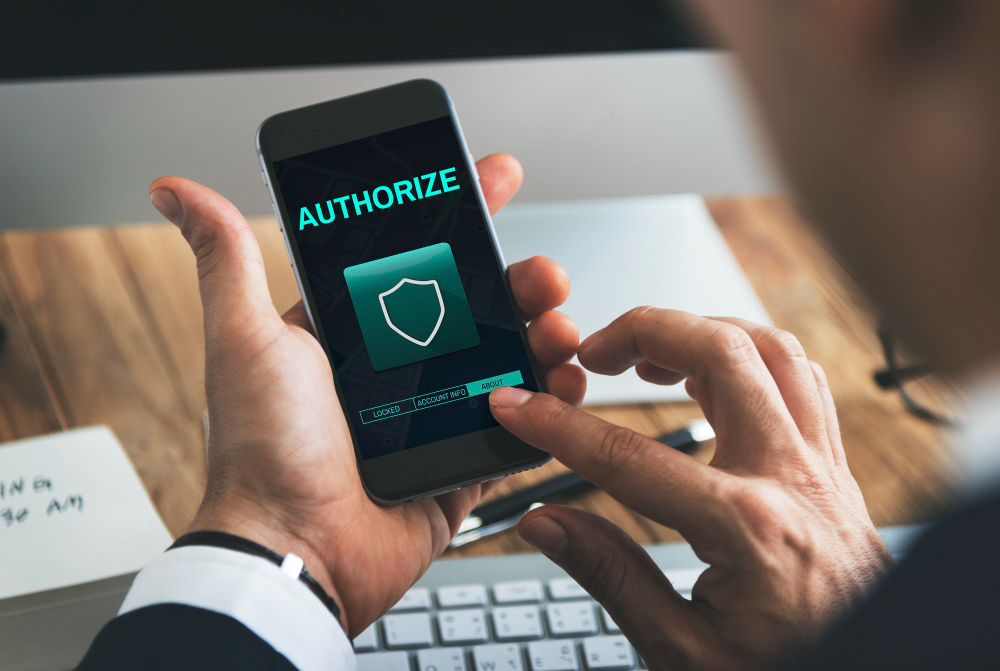In today’s era, safeguarding your business communications is more important than ever. With the increasing reliance on smartphones and VoIP systems for daily operations, protecting your company’s phone system from cyber threats and data breaches is crucial. In this article, we’ll discuss some best practices for ensuring the security of your business phone system and protecting your sensitive information.
Choose a Secure VoIP Provider:
When selecting a VoIP provider for your business phone system, prioritize security features. Look for providers that offer encryption protocols, secure authentication methods, and regular security updates to protect your calls and data from unauthorized access.
Implement Strong Password Policies:
Require employees to use strong, unique passwords for accessing their VoIP accounts and devices. Encourage the use of complex passwords that include a combination of letters, numbers, and special characters, and mandate regular password updates to mitigate the risk of unauthorized access.
Enable Two-Factor Authentication:
Enhance the security of your business phone system by enabling two-factor authentication (2FA) for user logins. 2FA adds an extra layer of protection by requiring users to provide a second form of verification, such as a code sent to their mobile device, in addition to their password.
Elevate your business communication with a premium phone solution offered by Capsicum Corporation in Hervey Bay

Regularly Update Software and Firmware:
Keep your business phone system software and firmware up to date with the latest security patches and updates. Regularly check for and install updates provided by your phone system vendor to address any vulnerabilities or security flaws that could be exploited by cyber attackers.
Monitor Call Activity and Usage:
Implement call monitoring and logging tools to track and analyze call activity on your business phone system. Monitor for any unusual or suspicious call patterns that could indicate fraudulent activity, such as unauthorized long-distance calls or calls to premium rate numbers.
Educate Employees About Security Risks:
Educate your employees about common security risks and best practices for maintaining phone system security. Provide training on how to recognize phishing attempts, avoid clicking on suspicious links or downloading malicious attachments, and report any security incidents or concerns promptly.
Secure Physical Access to Phone Hardware:
Protect physical access to your business phone hardware, such as desk phones and VoIP routers, to prevent unauthorized tampering or theft. Secure phone equipment in locked cabinets or rooms when not in use and limit access to authorized personnel only.
Regularly Back Up Call Data:
Implement regular backups of call data and system configurations to ensure that critical information is protected in the event of a security breach or system failure. Store backups securely off-site or in the cloud to prevent data loss due to hardware malfunctions or disasters.
Conduct Security Audits and Assessments:
Periodically conduct security audits and assessments of your business phone system to identify potential vulnerabilities and areas for improvement. Work with cybersecurity experts to perform penetration testing and vulnerability scans to proactively identify and address security weaknesses.
Stay Informed About Emerging Threats:
Stay informed about the latest cybersecurity threats and trends affecting business phone systems. Monitor industry news and updates from security organizations to stay ahead of emerging threats and implement proactive security measures to protect your communications.
By following these best practices for business phone security, you can minimize the risk of cyber threats and protect your company’s sensitive information and communications. Prioritize security at every level of your phone system implementation and operation to safeguard your business against potential security breaches and data loss.

